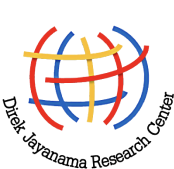Autocratization – the debilitation or elimination of political institutions and civil societal spaces which sustain democracy – has become a major focus in recent comparative political studies. Also known as democratic backsliding, it has been identified as occurring in the U.S., some European countries, and across Africa and Asia, including in several Southeast Asian nations. This talk examines the contrast between limited pushback against backsliding in the Philippines with the electoral competitiveness of opposition parties, large and sustained youth protests, and some institutional support in Thailand. This paired comparison enables contextual analysis while allowing tentative causal claims. The Philippines and Thailand are analyzed in “political time” of opposition cycles during interwar, Cold War, and the recent reformist to populist periods. After a nearly four-decade cycle that triggered by the Aquino assassination in 1983 and the 1986 “people power” uprising which peaked with a second “people power”-style revolt in 2001, opposition in the Philippines is at a nadir after the 2022 landslide victory of Ferdinand Marcos, Jr. In Thailand, on the other hand, after more than three decades of highly contentious politics following the “Black May” protests of 1992, opposition appears to be again reaching a zenith with the emergence of popular civilian democratic political forces.
Speaker
🟡Prof.Dr. Mark R. Thompson Director, Southeast Asia Research Centre, City University of Hong Kong
Moderator
🔴Assoc.Prof.Dr.Prajak Kongkirati Faculty of Political Science, Thammasat University
